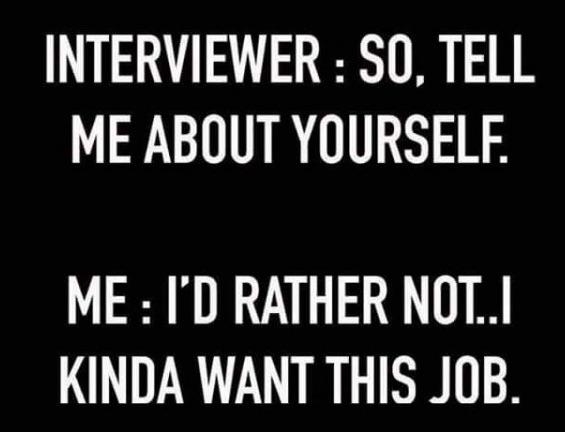To start your own business or not?
I recently worked with an MBA client employed in a Fortune 500 company who commutes 2 hours each way. He’s tired of it and wants out. He’s been exploring the option of buying a franchise business.
He thinks he’d be good at it but contacted me as a reality check, i.e. to make sure he’s not simply acting on a confirmation bias. Instead, he wants to know: “Do I have the right stuff to run my own business?”
He knows what to do. After all, he’s got an MBA so he knows how to design and implement business systems that work. What he really wants to know is whether or not running his own business aligns with his strengths and motivations.
Definition: an entrepreneur is a person who organizes and operates a business or businesses, taking on greater than normal financial risks in order to do so.
He asked for a quick and easy assessment to help with his decision-making. He presented me with a matrix of job duties that he did and did not enjoy in previous jobs. Clearly, he has many financial, operational, and managerial skills that align with running a business.
But was he motivated to use those skills in the circumstances of starting a new business?
Clues
A natural entrepreneur has a knack for spotting opportunities and acting on them quickly. This talent usually shows up early in life, not just in work-related activities but in other circumstances too, such as school projects or volunteer activities. To uncover such events in a person’s life, I often ask simple questions.
– Tell me about a time when you felt strongly about something and were able to recruit others and lead the charge down a new path or new venture.
– Give me an example of where you motivated others to start up a group in order to bring about some kind of change.
– Tell me about any projects that you’ve started from scratch with others.
– Tell me about a business or hobby enterprise that was failing and you got excited about turning it around.
– What is easier for you—getting a project off the ground or maintaining it once it’s up and running?
– When you find yourself as part of a group or team and things get bogged down, how do you normally react? (Can you give me an example of when you took the ball yourself and ran with it?)
My client’s answers to these questions revealed no knack for taking the initiative or recruiting others to help him start projects. Instead, they revealed a strong inclination to be recruited by others and work on solving problems related to new business ventures. The challenge and variety of such problems brought out the best in him.
He often gravitated to roles in new ventures where he could operate as a Key Contributor, getting involved in activities that were crucial to the success of the project or business. Other team members valued him as a stabilizing influence in what were often very fluid, challenging situations. He was the kind of team player that may not always be noticed when he’s there but is very much missed when he isn’t.
New Path
When this pattern was pointed out to him, he realized that his entrepreneurial aspirations were really a reaction to his current job as a cog in a very large wheel of a Fortune 500 company’s with firmly established policies, procedures and practices. He was expected to do the same thing day in and day out, which was a direct conflict with his natural inclination to be involved with a variety of challenging problems related to new ventures.
Of course, he can start his own business, using determination and business skills…but over the long run he would probably be drained by such a venture and be unmotivated to continue, or find that recruiting others (as staff and customers) might be too stressful.
As we explore options together, he may find that a much better job fit for his combination of experience, education, strengths and preferences is to rebrand for a senior Manager role in a high-growth company or franchise where his knack or solving new venture problems would be recognized and rewarded.









